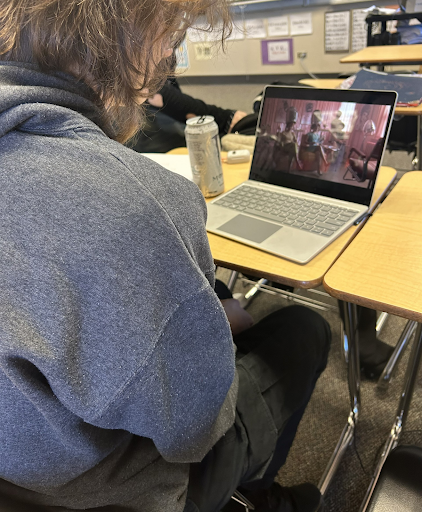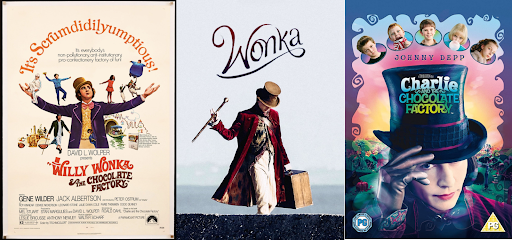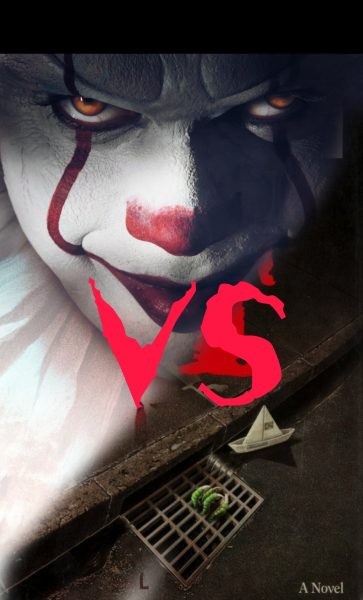Euphoria: All For Us
September 23, 2019
Euphoria is a brutal yet artful representation of teen self destruction. Shows like That 70s Show have tried to tackle teen issues, yet they’ve treated these issues as a joke.
Everyone involved in this series managed to be brutally honest without being insensitive.
Not only is the acting beyond exceptional, but the way in which the writers and actors portray these characters is anything but careless.
It’s common for these serious issues that high schoolers face to be written of by producers as comical, but that further perpetuates the idea that teenagers shouldn’t be taken seriously. Euphoria displays these hardships as brutal, bleak, and even disturbing.
The characters in this series can’t simply be considered all good or all bad, and as actress Barbie Ferreira puts it, “Every single struggle in this show is so layered, and
so complex, and not necessarily positive or negative.”
Each character has a complicated psyche, much like every single person on the planet. Viewers are all given the opportunity to understand each character’s intentions and reasoning with Zendaya’s narrations.
Zendaya’s involvement in the show symbolizes the transition that many go through. From happy, easygoing shows like those on Disney Channel, Zendaya seamlessly transitioned into a more hard-hitting series. She brings her earlier supporters along for the ride while not excluding anybody who isn’t familiar with her role as Rocky in Shake It Up 9 years ago.
This depiction of teenage life is one that’s important for everyone to see, as it emphasizes that each person has a reason for the way they act, and it’s necessary to treat each person with a sense of delicacy; the same way the cast of Euphoria treats their characters that they depict.
For Rue, it’s the death of her father and her many mental illnesses that lead to her drug abuse.
For Jules, its her mother’s abandonment and her struggles of being a transgender woman that leads to her flighty nature.
For Nate, its his father’s gross second life that leads to him being intensely aggressive when he isn’t in control of his surroundings.
For Maddy, its her parents’ sad relationship that leads to her being complicit with Nate’s abusive behavior.
The show also depicts mental illness and abusive relationships as what they are: complicated.
Euphoria doesn’t attempt to associate these horrible situations as cute and quirky aesthetics, but painful and unpleasant. It erases the stigma about anxiety and drug addictions, showcasing these conditions as accurately as possible.
The series creator, Sam Levinson, even has personal experience with drug addiction as he mentioned in an Entertainment Weekly interview. The authenticity of the show comes from Levinson’s ability to simply write himself as a teenager. He doesn’t write about teenagers from the point of view of an adult. Certain scenes were even based off personal experience.
“At the end of the day, I believe it’s really important that we’re compassionate and empathetic toward young peoples’ experiences,” Levinson said, “It was important to me to make a show that gave their inner lives the weight they deserve.”
















